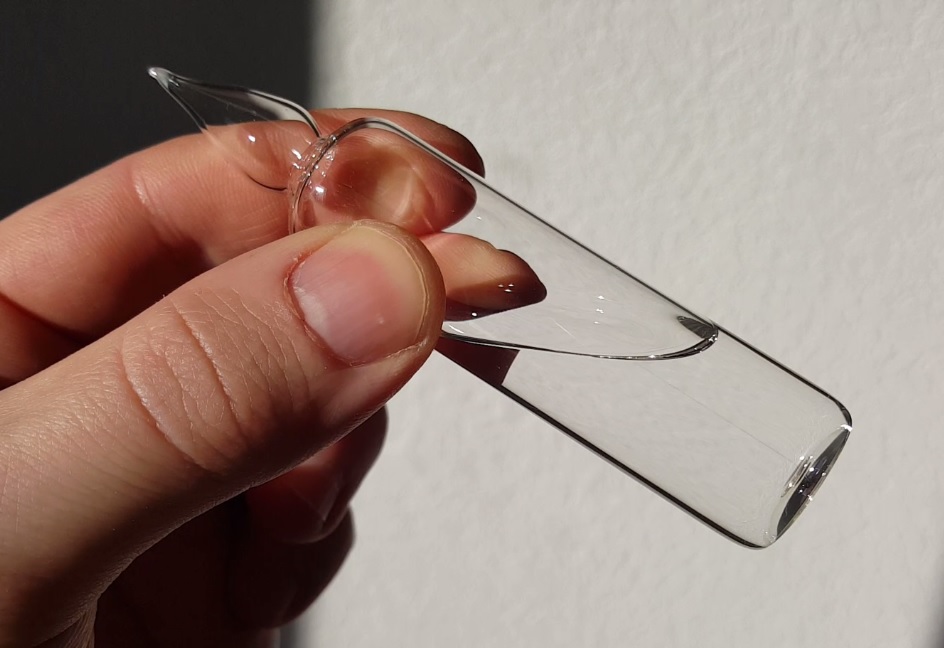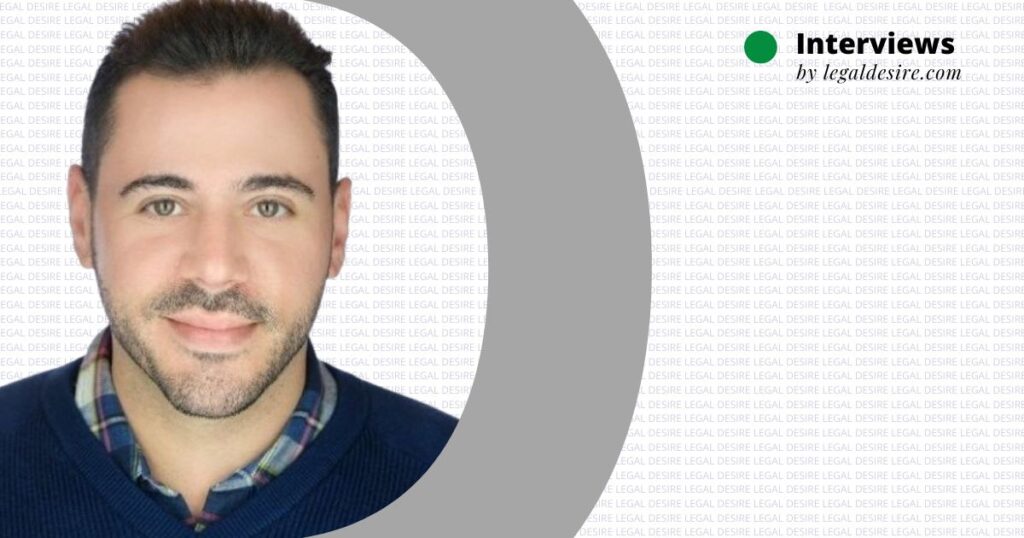Now Reading: In Conversation with Dr. Carlos A. Gutiérrez, Director, True Forensic Science
-
01
In Conversation with Dr. Carlos A. Gutiérrez, Director, True Forensic Science

In Conversation with Dr. Carlos A. Gutiérrez, Director, True Forensic Science
Dr. Carlos A. Gutierrez, M.S.F.S., M.Ed. is a Ph.D. Candidate in the Institute of Legal Sciences of Nayarit State, Mexico; got his Master of Science in Forensic Sciences, Chaminade University of Honolulu, USA and his Master in Educational Management, Universidad Andres Bello, Chile, also he holds a Bachelor’s degree in Public Security Administration from the Escuela de Carabineros de Chile. Since 2016, he is the Science Director of True Forensic Science, and Since 2017, is a Faculty of Forensic Sciences at Chaminade University of Honolulu, USA. Previously he was a Teacher Assistant in the same program he is a Mentor and Alumni in the Hogan Entrepreneurs Program. He specializes in all subjects related to Crime Scene Investigation, Crime Scene Reconstruction, Bloodstain Pattern Analysis, Forensic Anthropology and Forensic Micro-anthropology, a new field in the Forensic Sciences he developed. His studies and experience as a retired Captain from the Chilean National Police Agency and former Forensic Laboratory Director makes him ideally positioned to provide the student with the necessary theoretical and practical knowledge to be prepared to work in any forensic agency in the world. Mr. Gutierrez is also is a forensic consultant from different countries. Mr. Gutierrez participates regularly in Forensic Conferences as a speaker not only in the U.S. but also in Latin America and Asia. Mr. Gutierrez has been interviewed and guest in different TV, Radio shows and newspapers in different countries in the world.
What inspired you to join the Forensic domain during those early days? How do you feel about your decision to join the domain now?
When I started in the police academy I always want to be a forensic scientist because my goal in forensic sciences is always to help victims of crimes, also I teach that spirit to my students. Today after almost 20 years, I feel happy to help so many victims and I hope I can continue for several more years changing the world.
What difference do you find in an academic setting & field investigation setting?
In academia you build the knowledge to apply it in the field, of course, the academic setting is a more controlled environment and in the field is the real world and you are responsible to help victims. I think the key to solving crimes is a mix of academia and experience.
During your service tenure, you might have visited various crime scenes. How different & challenging was it to handle crime scenes compared to lab settings?
Working at the scene is really a challenge, probably one of the hardest because over your shoulders is all the responsibility to get all the evidence and the hypothesis of what happened, also is a non-controlled environment so you need to be in a good health and mental shape to deal with that. On the other hand, working in the laboratory, is a controlled environment, receiving the evidence collected at the scene, but the challenge here every one is trusted in you to get the right result to wrap up the case, so also is a huge responsibility. In both cases, you need to do your best.
You might have called in the courtroom trails on various instances from the Prosecution side. What challenges were placed by you while testifying in the courtroom trials in various cases?
Always the difficult part in the courtroom is the cross interrogation because you don’t know what question they can do. To be prepared for those experiences you always think about the possible questions the other party can ask you, so you know the possible answers, the worse you can do is get nervous and not trust in your work.
After working as a police officer, you were heading Forensic Laboratory in different capacities. What differences did you find while working in the Police Department & as the head of Forensic Laboratory?
In Chile, the Forensic Laboratories depend on the National Police, of course, is totally different be in charge of the police station and be a Forensic Laboratory Director, as a director of the State forensic laboratory you have a huge responsibility, you need to have your knowledge update all time, help to develop the knowledge of your people and the resources in your lab. Is an incredible job!
It has been noted that Police Department & Forensic Laboratories have been receiving a huge no. of cases for investigation & examination. What approaches are required to ensure there is no backlog of cases?
Backlog of cases always is an issue in a Forensic Laboratory, the day has only 24 hours and you cannot overcharge your personnel, so to solve that issue you need to be really aware of the real average times of each forensic laboratory analysis so you can arrange with the prosecutor and also with the family of the victim so you always say them the truth.
In spite of being occupied by casework, you managed to indulge in research work. How did you manage it & make it possible?
I am doing it by sacrificing a lot of family and personal moments and time
As a reviewer of various reputed national & international journals, what advice would you like to give to the young researchers & students who wish to do research & publish their work?
The key is hard work and perseverance. If I am doing it, you can you do it!
You have been working closely with various TV series & shows related to true crime, policing & forensics. How do you deal with speaking with the media about the cases?
I am really enjoying this new professional opportunity, is really fun because people recognize you on the street, but the most important is that you have the opportunity to help others, which is a huge responsibility. I want to say thanks to La Red Television, True Forensic Science, and the Chaminade University of Honolulu for this unique opportunity.
For your exemplary contribution to the Policing & Forensics domain, you might have received various awards & achievements & appreciation from various LEA’s & seniors. What are some of the notable ones?
All the awards are important for me, but the notable ones are “the award of my work in the victim’s identification process at the 6th Biggest Earthquake in the world happened in Chile on February 27th, 2010”; “my nomination as an Emergent Forensic Scientist in 2018 by the American Academy of Forensic Sciences”; “decoration by the National Police in Bolivia”; “The Hogan Entrepreneurs Award” and “The Academic Excellence Award by Legal Desire”, among others.
Working for more than 2 decades in the Policing & Forensics Domain, do you still wish to contribute? How?
I Always want to contribute to new cases, the best way to do it share my knowledge and experience with new generations, so they can learn from my mistakes and my success to improve the Police work and Forensic Sciences in the future.
—————————————————————————————————————
The interview was first published in Forensic Reporter, Legal Desire October Issue 2021.









